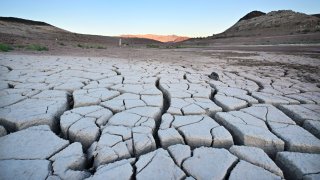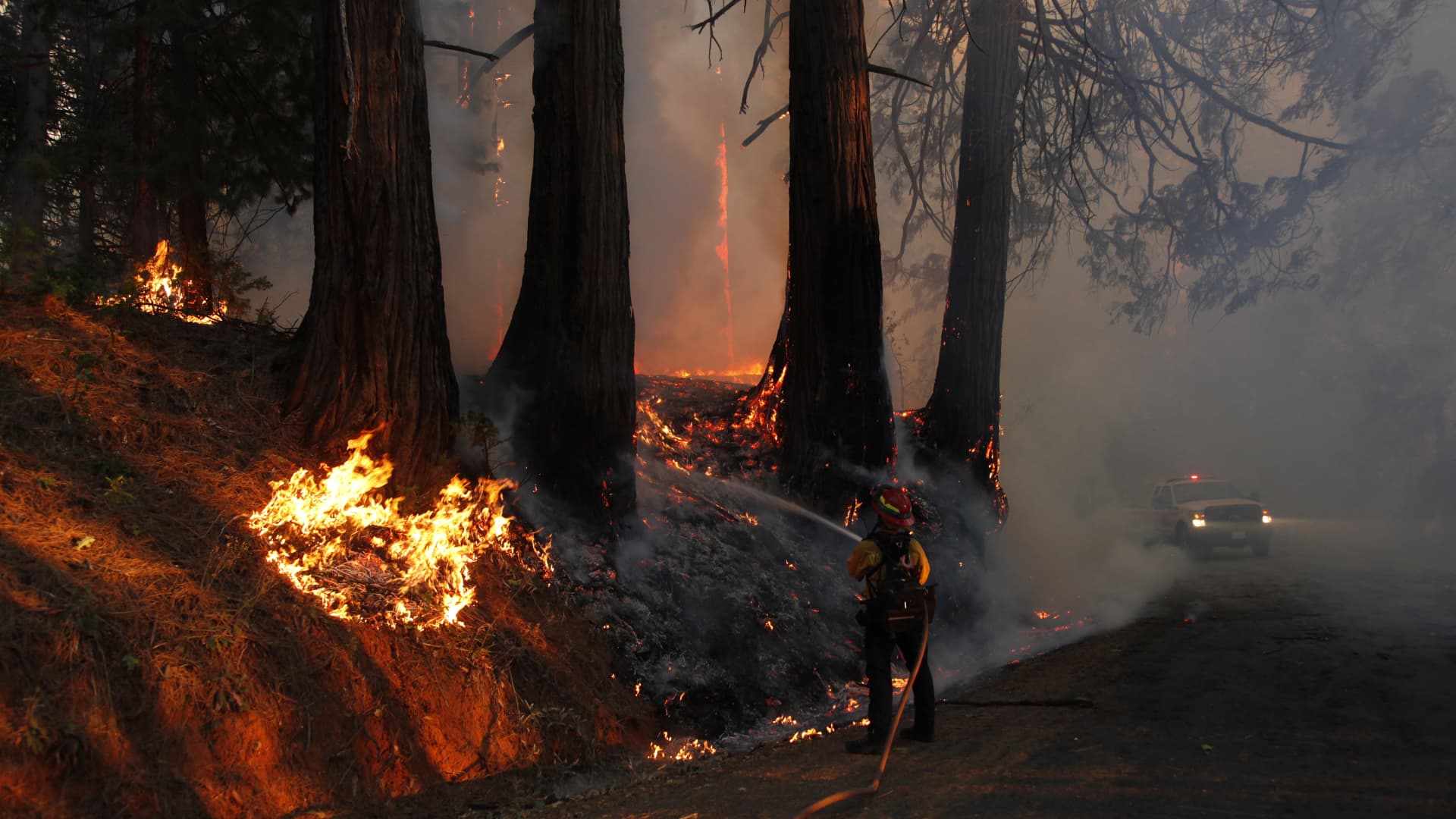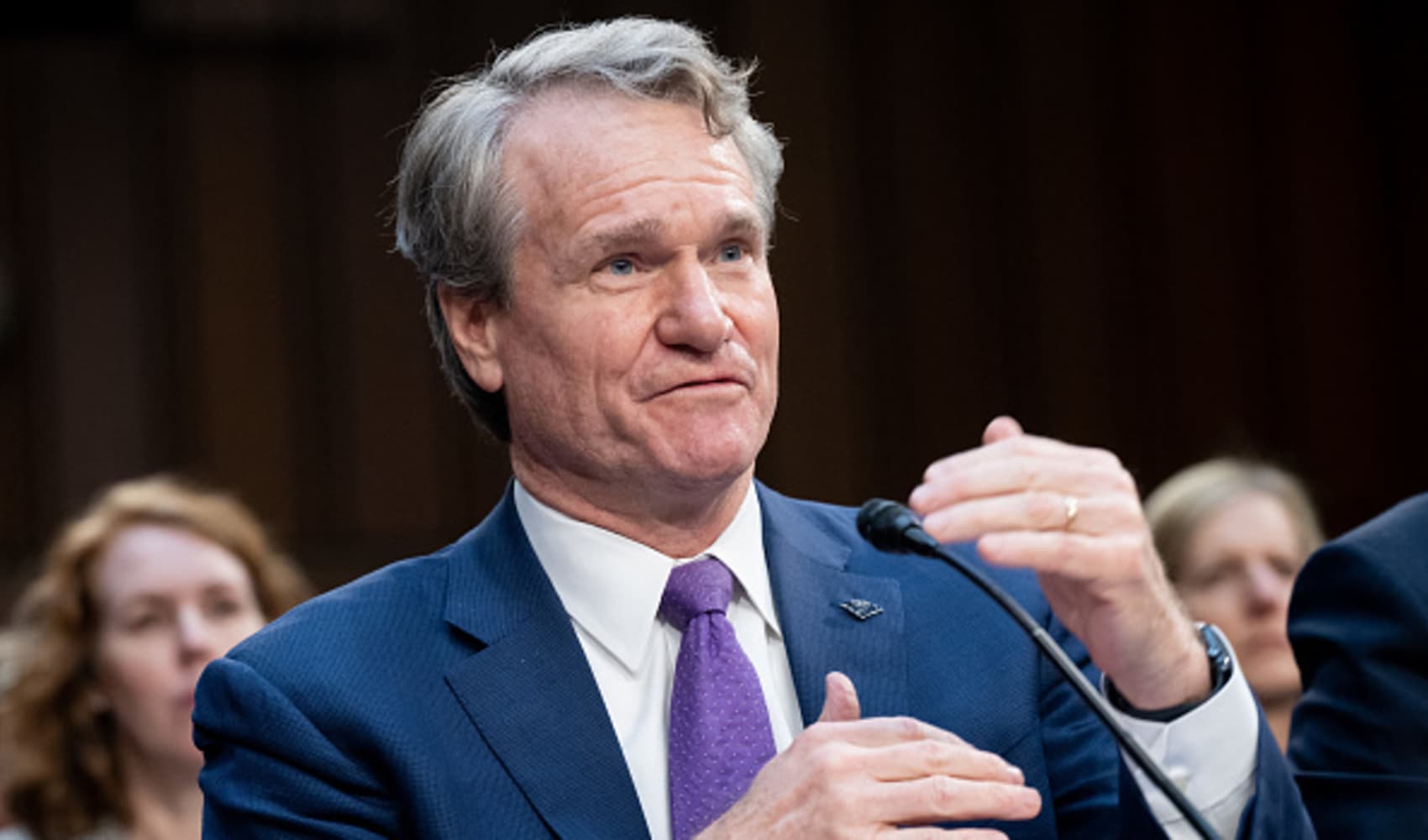
- Risky feedback loops that are accelerating global climate change may not be fully accounted for in current climate models, according to a recent study published in the scientific journal One Earth.
- A group of international scientists reviewed climate literature to identify 41 climate feedback loops, 27 of which are accelerating global warming.
- One instance of a positive feedback loop is that warming in the Arctic has led to melting sea ice, which has prompted even more warming because water has a darker surface than ice and therefore absorbs more heat.

Risky feedback loops that are accelerating global climate change may not be fully accounted for in current climate models, according to a recent study published in the scientific journal One Earth.
A group of international scientists from institutions like Oregon State University, Exeter University and the Potsdam Institute for Climate Impact Research in Germany, identified 41 climate feedback loops in what they called "the most extensive list available of climate feedback loops." Of these, they discovered 27 amplifying feedback loops that are accelerating global warming and only seven that are slowing it.
Get Boston local news, weather forecasts, lifestyle and entertainment stories to your inbox. Sign up for NBC Boston’s newsletters.
A feedback loop is a cyclical chain reaction that either speeds up or slows down warming. An amplifying, or positive, feedback loop is the process in which an initial change that prompts temperature rise triggers another change that causes even more temperature rise.
These positive feedback loops, which can be large and difficult to quantify, threaten to cause a permanent shift away from Earth's current global climate, researchers warned. For instance, warming in the Arctic has led to melting sea ice, which has prompted even more warming because water has a darker surface than ice and therefore absorbs more heat.
Another example involves the impact of wildfires, which are becoming more frequent as the Earth warms and drought conditions intensify. Combustion of the vegetation during wildfires releases carbon dioxide into the atmosphere, which then contributes to the greenhouse effect and triggers even higher temperatures.
Money Report
"There are many such amplifying feedbacks, including some that are not fully accounted for in climate models," said Christopher Wolf, a postdoctoral scholar at Oregon State University and a lead author of the study.
"Consequently, the effects of greenhouse gas emissions could be underestimated and strong climate mitigation policies are needed," Wolf added.
Other dangerous feedback loops include the thawing of permafrost, or the frozen ground that underlies much of the Arctic and contains plant and animal remains. As temperature rise accelerates the thaw of permafrost, the organic matter in the frozen layer breaks down and releases carbon dioxide and methane gas into the atmosphere.
Tim Lenton, an Earth systems scientist at the University of Exeter and one of the study co-authors, said the results suggest that the amplification of climate change could be greater than expected.
"That is yet another reason to accelerate action to limit global warming – because that also limits how much it is going to get amplified by the feedbacks in the climate system," Lenton said.
Some feedback loops may also be associated with key climate tipping points that could significantly disrupt the global climate system, researchers said. For example, feedback loops that are driving ice melt in the Arctic could ultimately trigger the collapse of the Greenland ice sheet.
"In the worst case, if positive feedbacks are sufficiently strong, this could result in tragic climate change outside the control of humans," researchers wrote.
"It is too late to fully prevent the pain of climate change as severe impacts are already being felt, but if we can have a much better understanding of feedback loops and make the needed transformative changes soon while prioritizing basic human needs, there might still be time to limit the harm," they wrote.






